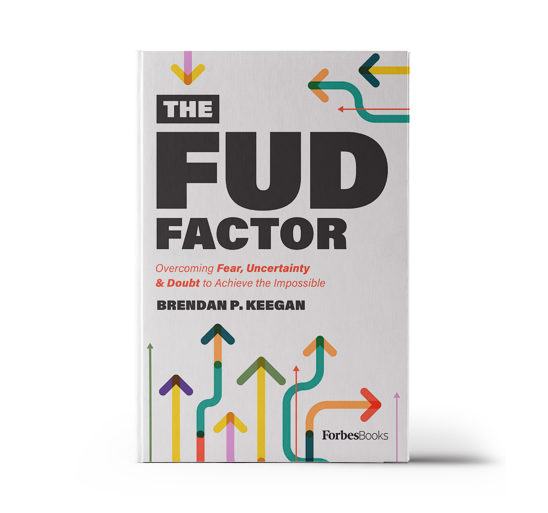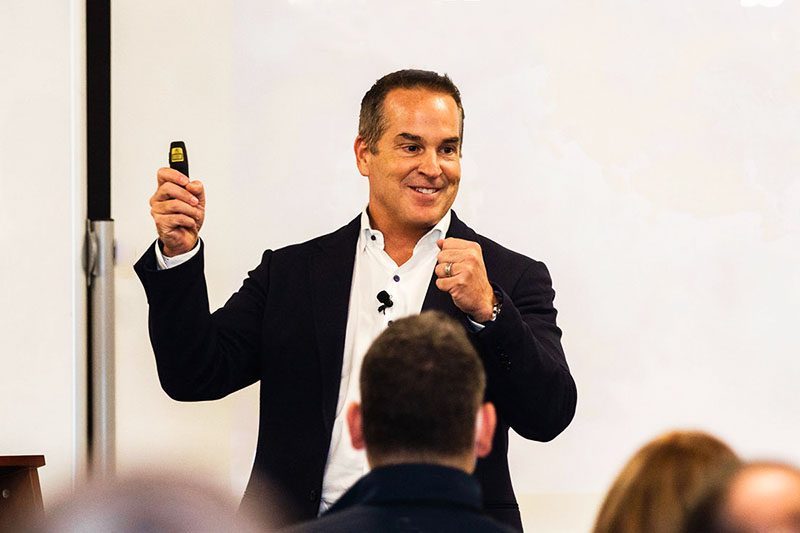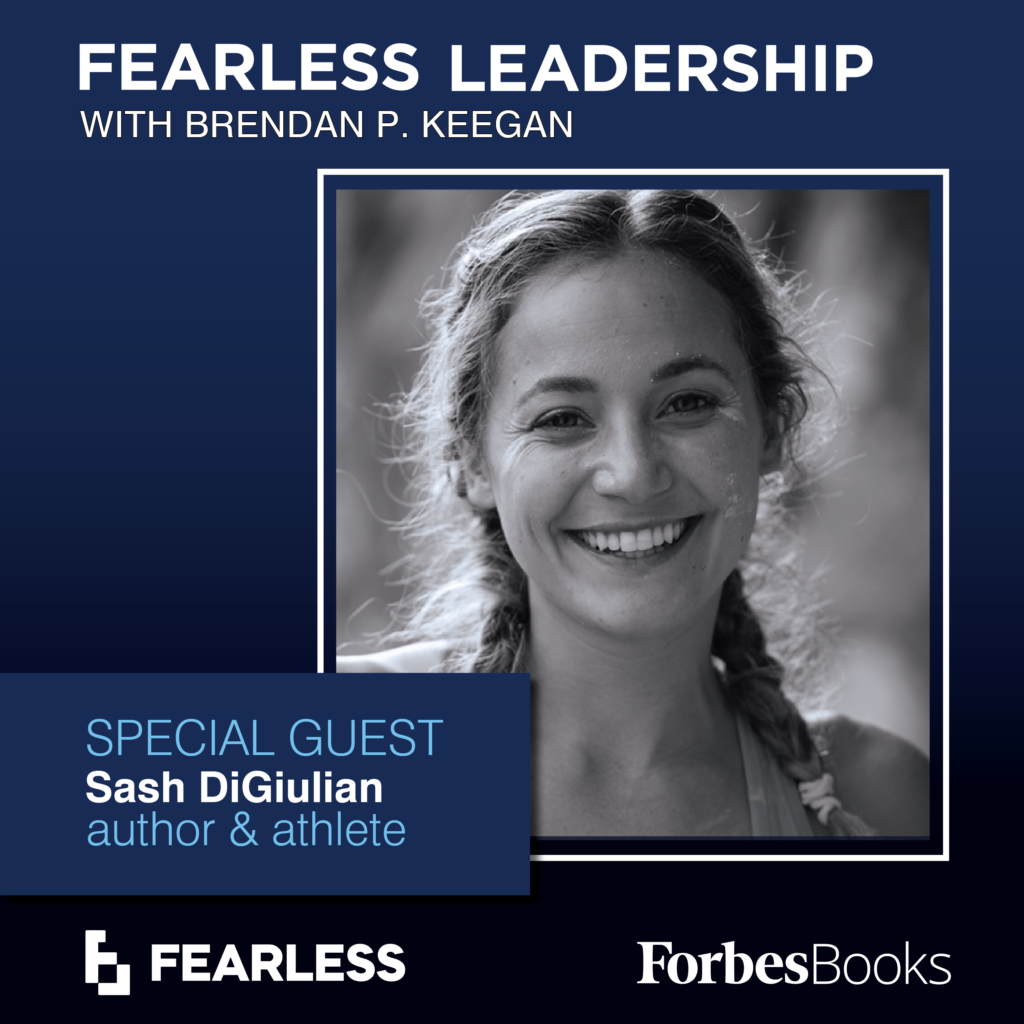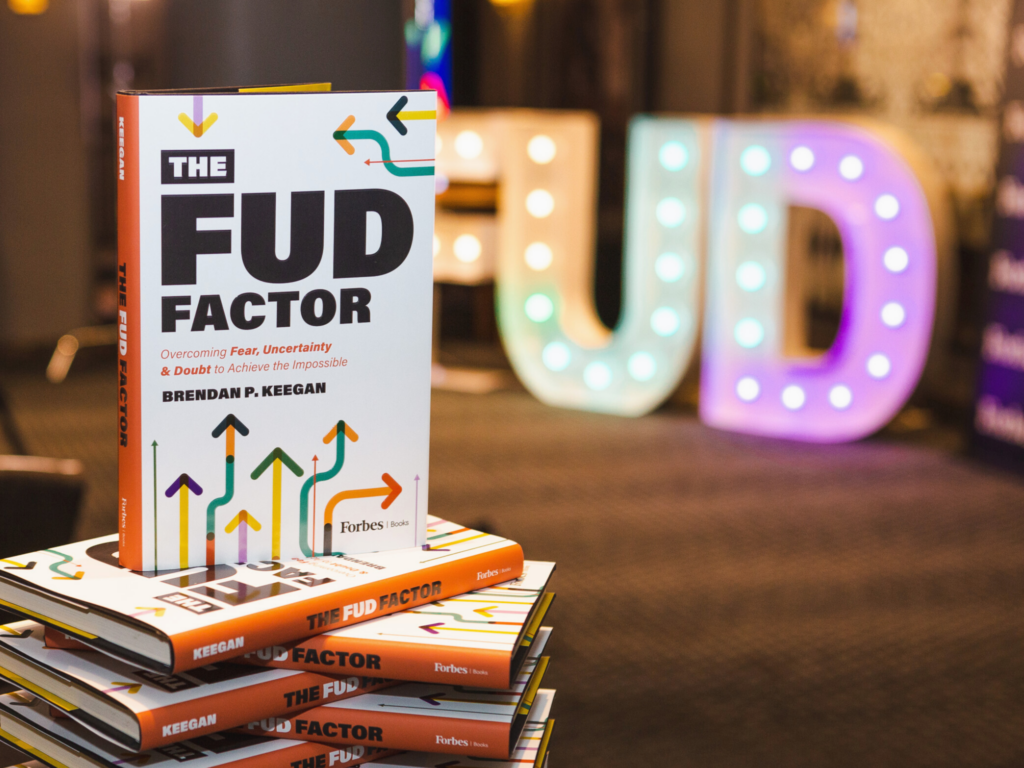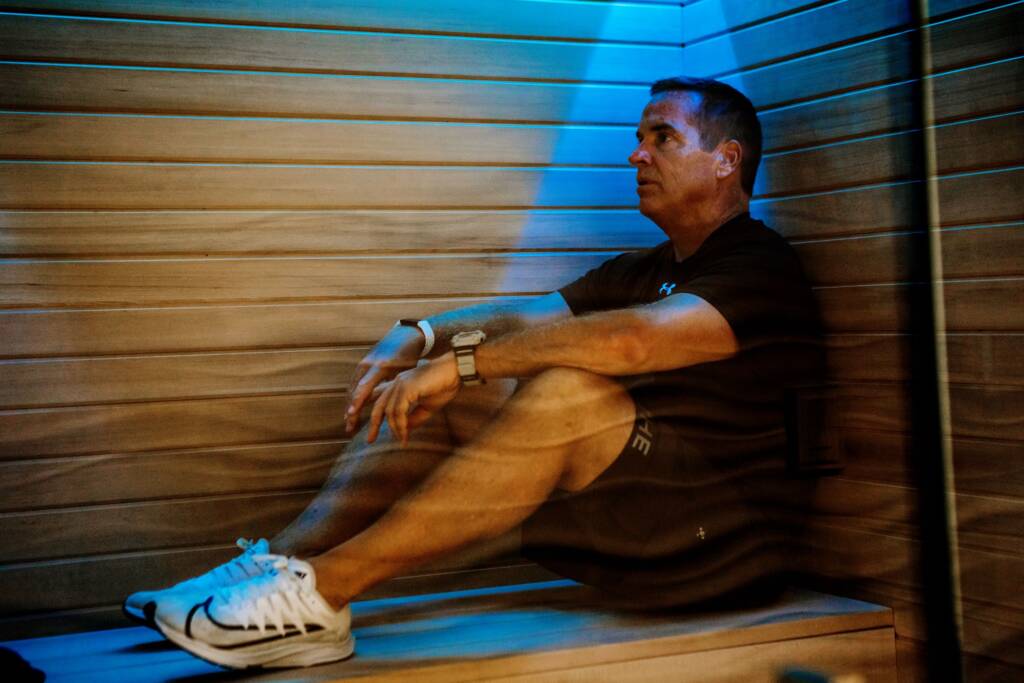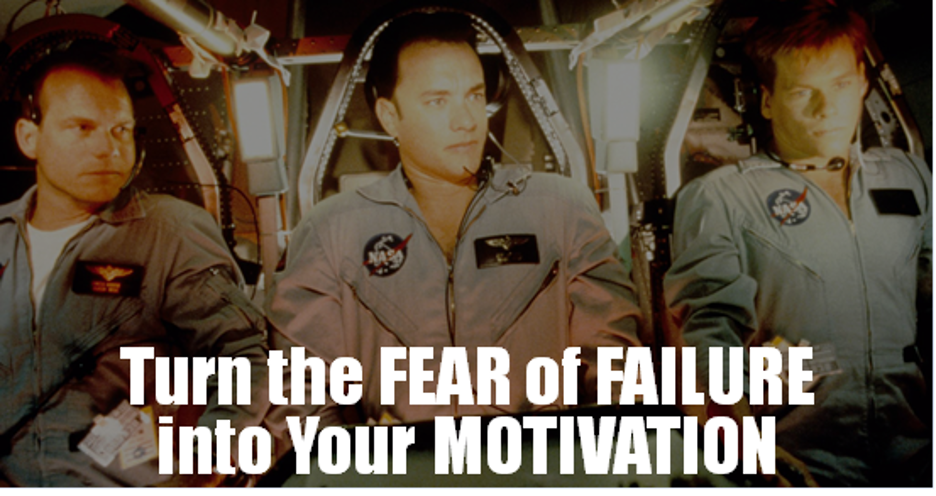Every morning when I get up, there’s uncertainty around how my day will go – that’s just how the world works. Maybe a potential partner will sign the contract I sent over to them. Maybe a major currency exchange will tank. And maybe the uncertainty is as small as my Zoom connection dropping.
Can I control or stop all of that uncertainty? Nope. But it is within my control to acknowledge, manage, and move past whatever fear and anxiety the uncertainty creates. As Luke Lee Tet put it, “To really find out how strong and resilient you are, you must embrace uncertainty. Feel the fear and do it anyway.”
You’ve probably heard that there’s a mind-body-emotions connection, and science backs this up. It’s important to nurture this connection if you want to resist the potential negative effects of uncertainty, but what’s going to give you the most bang for your buck?
Sleep
Imagine you’re driving to work and your gas pedal won’t come back up. How long would you last on the road before you got into trouble because of your speed? Matthew Walker, a neuroscience professor at UC Berkeley, says that’s exactly what it’s like when you don’t get enough rest — your brain pushes on the emotional accelerator and won’t stop. When you get good shuteye, though, your medial prefrontal cortex, which helps regulate anxiety, gets recharged and anxiety levels ease up.
Exercise
Yeah, I know huffing and puffing your way through a workout is tough. But exercise can offer solid predictability even when the rest of the world is up in the air, and your brain needs some structure or familiarity to feel at ease. Not only that, but it pumps out stress-busting neurochemicals that boost mood and promote good sleep. Don’t worry about whether you exercise indoors or outside. Just get up and move — you only need 150 minutes a week to see real protective benefits.
Gratitude
In an old Cherokee story, a grandfather told his son there were two wolves inside of him, an evil one and a good one. When the grandson asked his grandfather which wolf wins, the grandfather said, “The one you feed.”
This is how the brain is with your positive and negative thoughts. The more you focus on all the things that are uncertain in your life and all the stress around them, the stronger those neurological pathways get. If you look for things to be grateful for, though, those neurological pathways eventually dominate. With this in mind, gratitude researchers Robert Emmons and Michael McCullough found that people who focused on gratitude-filled thoughts over 10 weeks reported feeling better and more optimistic about their lives.
Prayer or meditation
Elizabeth Hoge, an assistant professor of psychiatry at Harvard Medical School, asserts that people with anxiety struggle to deal with powerful, distracting thoughts. It’s like a pop-up ad springs up in their head and screams, “I’m here! Forget the other things! Focus on me!”
So how do you engage your mental pop-up blocker? You have to take back control over what you pay attention to and consider, and you do that through consistent meditation or prayer. Either option is a mindful activity that requires you to refocus and improve your self-awareness, which is essential for staying calm and making good decisions.
It’s natural to feel some anxiety and fear when things around you aren’t predictable. But fear and anxiety don’t have to be the chauffeur of your life. Lean on science to get back in the driver’s seat, right where you belong.
Enjoy the Journey!


